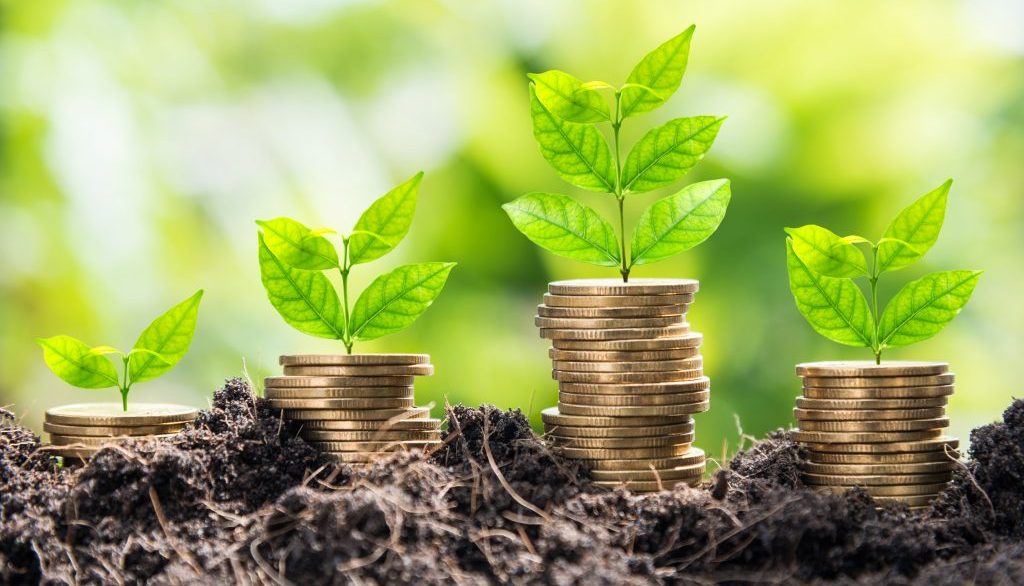The green economy refers to an economic system that aims to foster sustainability and reduce environmental impact while promoting economic growth and development. It encompasses various sectors and practices that prioritise resource efficiency, renewable energy sources, conservation of natural resources, and the reduction of greenhouse gas emissions.
From sustainable agriculture and biodiversity to waste management and green finance, the green economy seeks to achieve a balance between economic growth, environmental protection, and social equity, ensuring that future generations can meet their needs without compromising the ability of future generations to meet theirs.
Investing in such projects and initiatives undoubtedly has numerous positive environmental impacts; and presents the potential for very strong returns for investors.
Scientists tell us that to preserve a liveable planet we must reduce the amount of CO₂ in the atmosphere from its current level of 410 parts per million to 350 PPM or below.
That’s why we are on a mission to identify and assist the most promising environmental companies – incubating and accelerating their development to meet the needs of the carbon reduction agenda.
As an integral member of the “green economy”, we must work collaboratively to raise awareness of the inherent benefits of investing in green infrastructure for long-term prosperity.
The green economy drives innovation in clean technologies, renewable energy sources, energy storage solutions, and sustainable materials, fostering technological advancement, job creation and economic growth, as well as climate resilience.
According to the London Stock Exchange Group (LSEG) the green economy is growing rapidly and accounted for around 9.2% of global listed equity markets in the first half of 2023. It has grown at a compound annual growth rate of 13.3% throughout the past ten years – significantly outpacing the 6.9% for global equity markets as a whole.
And this is likely just the start. Trillions more dollars of investment are required to flow into the green economy to meet global climate and environmental objectives. If this happens, by some calculations, around 20% of revenues earned by listed companies would be ‘green’ by 2050 – and the green economy would become the single largest industrial sector.
Leading the transition to a green economy will undoubtedly enhance our country’s international competitiveness by positioning us as a leader in clean technologies, sustainable practices, and environmental stewardship, attracting investment and fostering global partnerships.
Investing in the green economy offers not only the potential for significant financial returns but also the opportunity to make a positive impact on the environment, society, and economy, aligning with long-term sustainability goals and creating value for stakeholders.
This information and further details from Jane Maher at 350PPM
M: 07887995589



























